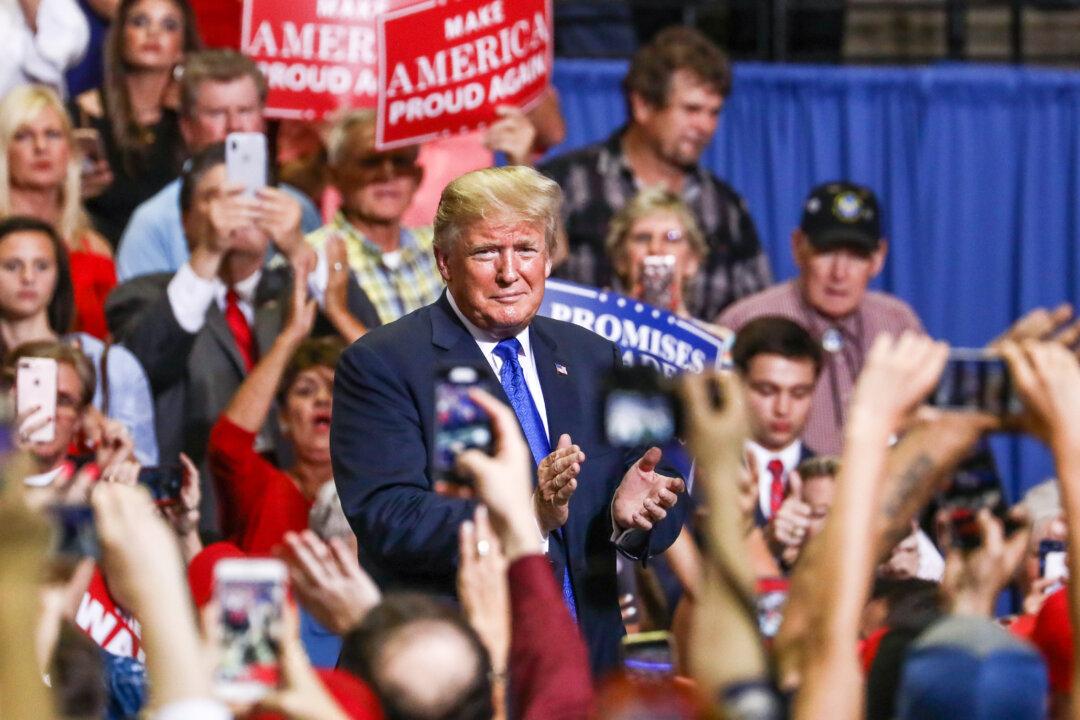There is one way President Donald Trump can prove beyond a doubt American exceptionalism in the land of the free. He can bring the U.S. economy back to the top of freedom rankings, akin to the nation’s performance in the 1980s and 1990s.
If that is his goal, there is a precise and rigorous yardstick available. Trump can and should pursue the number-one position, for the benefit of Americans and his own presidential legacy.





